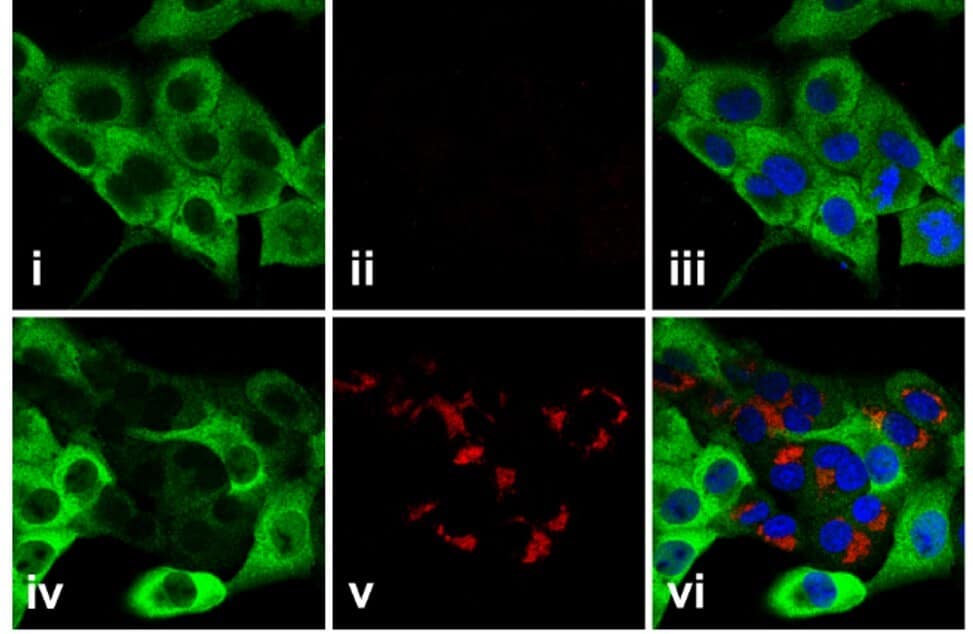This is how the corona virus disrupts the cell's antiviral warning system

The corona virus is known to be particularly elusive, as evidenced by the many mechanisms it uses to evade our immune system. New research from the laboratory of Prof. Gideon Schreiber - led by research student Maya Shemesh and staff scientist Dr. Daniel Harari and in collaboration with researchers from Australia - revealed one of these mechanisms: the viral proteins that disrupt the cell's antiviral warning system, known as the "interferon response".
Interferons are small molecules that the body's cells secrete as a first line of defense against foreign invaders in general and viruses in particular. Biological sensors found in the body's cells detect that the cell has been infected with a virus and release signals to produce interferons that are secreted into the environment and also cause neighboring cells that have not been infected with the virus to begin expressing hundreds of different genes with antiviral activity. In the study, the researchers identified six proteins - which make up about 20% of the corona's genome - which are directly responsible for disrupting the interferon response. The main activity of these proteins is to stop the production of interferon in the cell that the virus has invaded. "By inhibiting the production of these important molecules, the virus succeeds not only in taking over the cell relatively easily, but also, and most importantly, in preventing the transmission of the message about the attack from one cell to its neighbor, thereby escaping the immune system," explains Dr. Harari.
Although the virus stops the production and distribution of the interferon, the researchers discovered that the cell remains sensitive to its signals: when the researchers added interferons to cells in culture infected with the corona virus, they saw that the warning system went back into action.
About 20% of the corona patients who died were found to have abnormal and abnormal production of antibodies that neutralize interferons
These findings raise the question: Can interferons be used to treat corona patients? Interferons are used in the treatment of a variety of diseases, but it seems that when it comes to the treatment of the corona, the wisdom lies in the timing. In the initial stages of the disease, the use of interferons may prove to be an effective therapeutic channel, since the cells lose the ability to self-produce these molecules, but remain sensitive to their signals. In advanced stages, on the other hand, the production system returns to activity, so there is no point in this type of treatment in seriously ill patients. "This may also be the reason for the conflicting results obtained so far in clinical studies on corona patients," explains Dr. Harari.
But it is possible that interferons can also be useful in severe cases. It was recently discovered that about 20% of the corona patients who died had an abnormal and abnormal production of antibodies that neutralize their interferons, especially a subtype called interferon-alpha. Therefore, the use of another subtype, interferon-beta, may prove to be an effective treatment in these patients. "We showed in a study that interferon-beta is effective in preventing the spread of the virus in cell culture," says Dr. Harari. "Therefore, there is an urgent need for clinical research to test the possibility of life-saving treatment with interferon-beta."
More of the topic in Hayadan:
